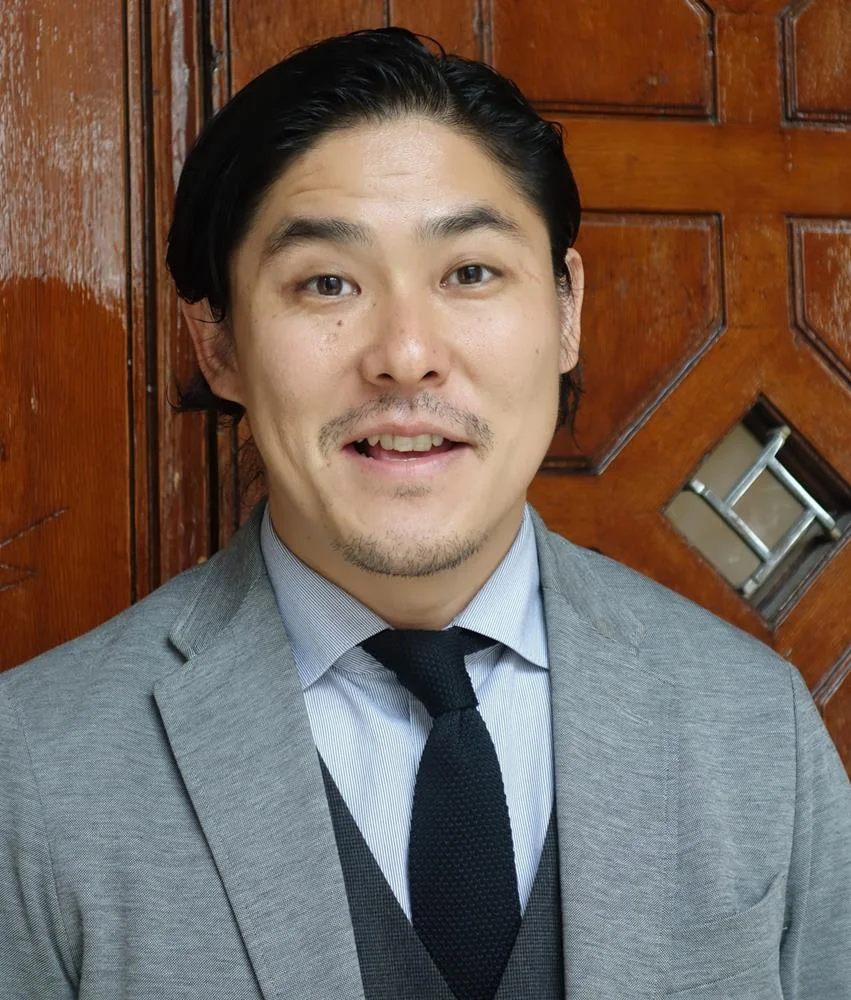“If you’re going to try, go all the way,” Bukowski once wrote. Do so even if it means you alienate yourself from loved ones, lose your mind, and end up in jail because going all the way is “the only good fight there is.”
There is indeed a certain sense of idolization awarded to people who are capable of mustering such devotion, whether it is a researcher tirelessly seeking to cure cancer or an Olympian obsessively training for perfection. Yet, if you listen to them in their moments of frankness, they often speak of unbelievable sacrifices, struggles, and “normal” things that they missed out on because pursuing greatness is a full time job.
If we are to be great, we must be earnest in our studies. We must practice diligently. We must minimize our indulgences in hedonistic trivialities and distractions, or so they say. The path to greatness is often an arduous and alienating one, where one’s best efforts do not ensure success. While some may find contentment in this demanding pursuit, happiness is not necessarily a prerequisite for greatness and vice-versa.
While it’s one thing for an individual to decide on their own that they will dedicate their life to a singular purpose, it’s an entirely different matter for another to guide someone down that path. While I want my students to accomplish great feats, I also want them to be happy, which can be conflicting wishes at times. When asked for advice on which path a student ought to take, I often hesitate. One path is the more manageable way of satisficing. I tell them that school and grades aren’t everything. That it’s ok to take time off and to enjoy life. Finding a balance and putting things into perspective is as important as being great.
Or rather I could nudge them towards the good fight. I can tell them to live with an uncompromising sense of purpose, completely immerse themselves in achieving their goal while forsaking all else. Be truly yourself and ignore the ridicule and scorn that their classmates might throw their way and just go all the way.
While tough love might forge greatness, from a mental health perspective, endorsing the Bukowski way sounds like a burnout waiting to happen. Without putting on the brakes at some point, many of us could inevitably break. So what are we to do? Then, an illuminating voice whispers in my ears: Bukowski was a complete drunk who spent most of his time smoking cigarettes and chasing prostitutes, but he turned out quite all right.
